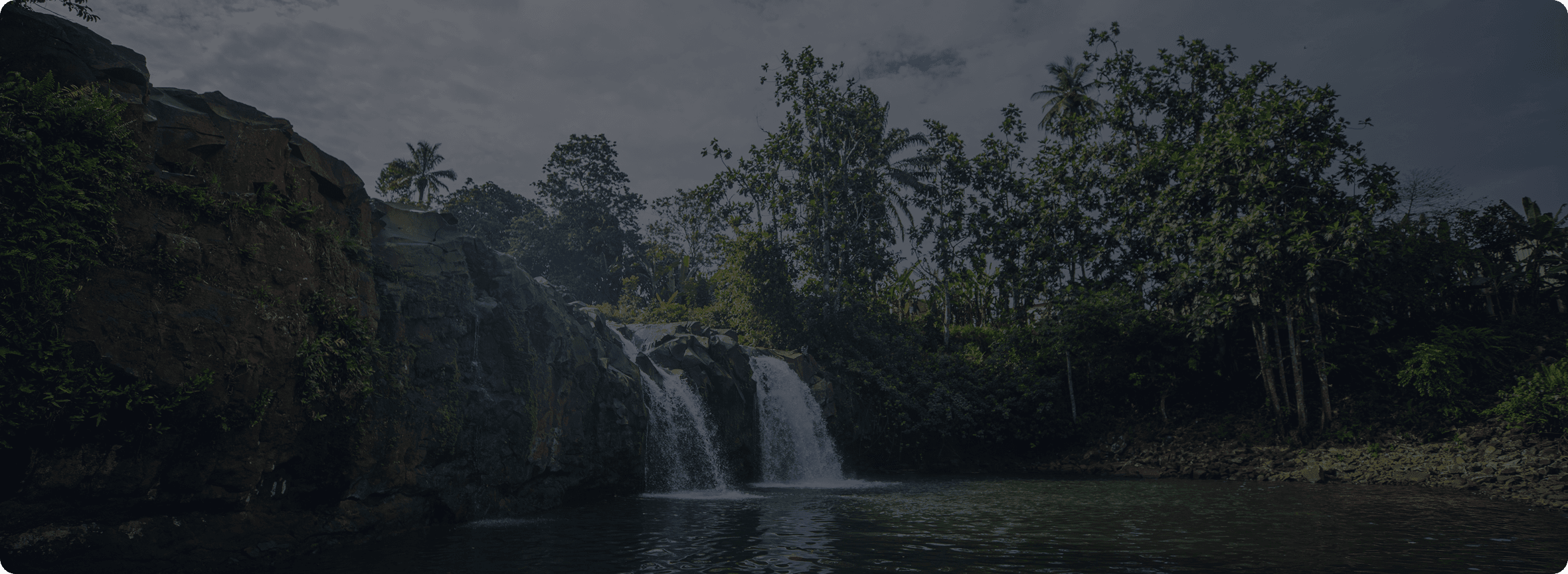
WESTERN AFRICA · 1° 36’ N, 7° 23’ E
São Tomé and Príncipe
100% online, NO VISIT REQUIRED
6 weeks time to passport
MINIMUM CONTRIBUTION OF USD 90,000
1 in 10 investors in São Tomé citizenship use CitizenX
Overview
São Tomé and Príncipe, a dual-island nation off the west coast of Africa, offers a stable political environment, growing tourism sector, and stunning landscapes with coral formations, rainforests and beaches. With a population of under 250,000, it is a forward-looking enclave offering one of the world's most sought after citizenship programs.
LANGUAGE
Portuguese
TIMEZONE
GMT +0 (UTC)
DIRECT FLIGHTS
CURRENCY
STD
Benefits of São Tomé and Príncipe Citizenship by Investment
São Tomé and Príncipe is perfect for:
- ✓ A fast-track citizenship in under 6 weeks.
- ✓ A plan B passport for those with a strong main nationality.
- ✓ Doing business in Africa and accessing investment opportunities in the region.
You can use this passport to:
- • Obtain a local driver's license.
- • Open a São Toméan bank account remotely that's not part of the CRS framework.
- • Get fast-track citizenship in other Community of Portuguese Language Countries (CPLP) member states, such as Brazil in 1 year of permanent residence (instead of the regular 4 years).
- • Become a tax resident in São Tomé and enjoy no capital gains, inheritance, or wealth taxes, alongside 0–25% personal tax rates and extensive double taxation treaties.
Discover how São Tomé and Príncipe enhances visa-free travel for your passport portfolio
PASSPORT POWER
37
WORLD ACCESS
28%
VISA-FREE DESTINATIONS
Who is coming?
Save time and money by applying together.
You
Application options
Our expert team has done extensive due diligence on all of the qualifying options to ensure every investment made through CitizenX lives up to the highest standards.
Timeline

Expected time to approval
By combining real-time data and predictive analytics, we provide you with the most accurate estimate of how long you can expect to wait for government approval after submitting your application.
45 days
OFFICIAL PROCESSING TIME
Based on all 98 applications in 2025
Procedure
São Tomé and Príncipe Citizenship by Investment Frequently Asked Questions
Do I need to visit São Tomé and Príncipe?
No, you do not need to visit São Tomé and Príncipe to obtain citizenship. You will be able to receive your passport remotely, anywhere in the world.
Can I pay with cryptocurrency?
Yes, with CitizenX you can get São Tomé and Príncipe citizenship with cryptocurrency: Bitcoin, Ethereum, or stablecoins.
Is the São Toméan passport biometric?
Yes. You will need to provide a high-quality passport photo as part of the process.
Can I include my partner if we're not legally married?
Yes, de facto partners can apply just with a government-issued proof of shared address.
Can I include additional family members after getting citizenship?
Yes, after receiving the approval-in-principle you can include additional family members for a USD 5,000 resubmission fee plus USD 10,000 for a spouse, USD 500 for a newborn child, and USD 5,000 for other qualifying dependent.
When do I need to make the contribution?
You will only make the contribution after receiving an approval in principle from the Government. After that, you have 90 days to settle the payment. An additional 90 days extension can be requested.
Can I pass down citizenship to future generations?
Yes, all your future generations will receive São Toméan citizenship as well, in accordance to the Citizenship Act Decree-Law No. 07/2025.
Will my name be published by the Government after acquiring citizenship?
Your name will only be published in a local gazette.
Can I change my name during the citizenship by investment process?
No, a name change request is possible only after obtaining citizenship from São Tomé and Príncipe, and will be subject to the consideration of the Minister of Justice. The decision will be made based on the justification provided and remains entirely at the Minister’s discretion and authority. The government processing fee is USD 7,000 (USD 2,000 upon submission and USD 5,000 upon approval) and the expected processing timeline is 3 to 4 months.
Will I have to pay taxes in São Tomé and Príncipe after acquiring citizenship?
No, unless you spend more than 183 days per year in São Tomé you will have no tax liabilities there, as the country does not tax citizens abroad. If you actually want to move to São Tomé and become a tax resident, you will enjoy no capital gains, inheritance, or wealth taxes, alongside 0–25% personal tax rates.
How long is the São Tomé and Príncipe passport valid for and where can I renew it?
The passport is valid for 7 years (for 3 years for those under 16 years old). You will be able to renew your passport remotely via CitizenX or at any São Tomé and Príncipe Embassy, such as those in Beijing, Brussels, and Lisbon, or at the citizenship by investment unit in Dubai.
Required documents
From you
Proof of funds
Bank reference letter
no older than 6 months
From each family member(including you)
Passport
ID card
National ID, Driver’s license, Residence ID or similar
Birth certificate
Police records
from the country of citizenship or residence within 3 months prior to submission
Proof of address
no older than 6 months
Medical certificate
no older than 6 months
Proof of marital status
if applicable
Select application option
View detailsIncluding: Just you
Summary
Government fees
$5,750
CitizenX fees
$9,575
Contribution
$90,000
Total cost
$105,325
Total cost
$105,325
